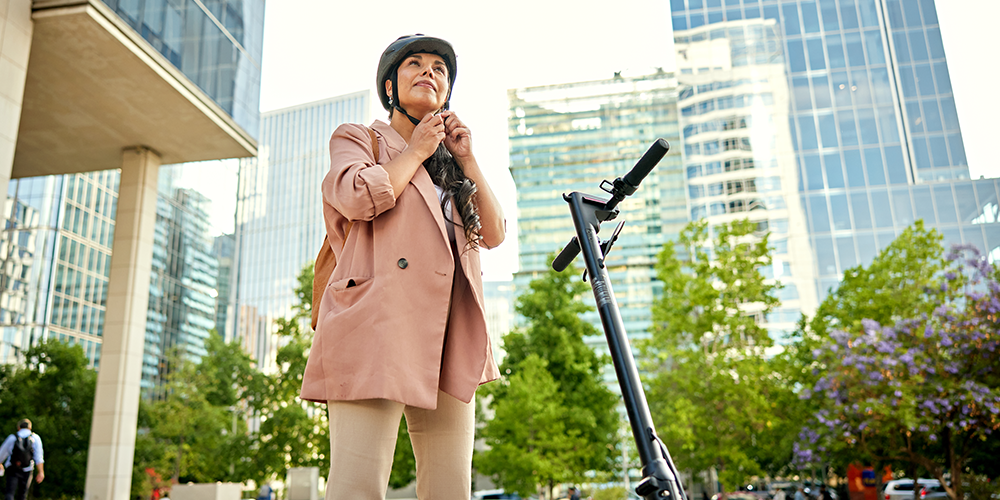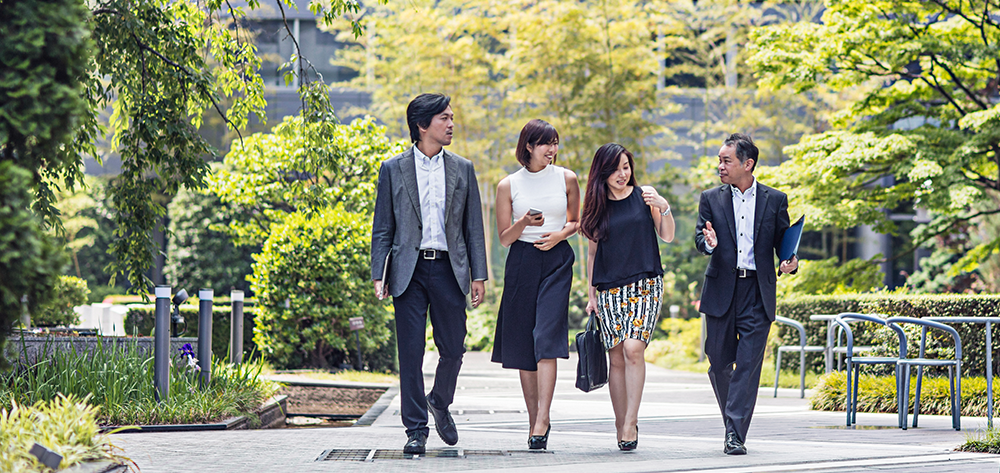Wellness trends in business travel – is your company keeping up?

Wellness trends in business travel – is your company keeping up?
For too long, work travel has been all about back-to-back meetings, red-eye flights, and endless airport coffee. For a lot of travellers, wellness took a backseat. But that’s changing faster than you can say ‘self-care’.
A major wellness revolution is transforming business travel wellbeing. We're talking glamping trips, yoga retreats, and transformational festivals. These wellness-focused experiences are taking the spotlight.
But many companies haven’t caught up yet and haven’t asked the right questions about traveller wellness. The same old travel policies, hotels, and flights are still all about maximum productivity over employee wellbeing. It’s time to change that. Keeping employees happy, high-performing, and loyal means taking a more balanced approach.
Wellness retreats: the new frontier for business traveller wellbeing
Innovative hotels and travel companies are tapping into the corporate wellness niche. One big trend is corporate retreats that combine business travel with wellness activities.
Companies are partnering with wellness-focused hotels or destinations, taking offsite meetings, team workshops, and strategy sessions to places designed for recharging. Think massages, adventure activities, healthy meals, meditation, and movement seamlessly blended with traditional business sessions.
Why it matters for duty of care: Integrating wellness promotes employee health and safety, reducing risks of stress and burnout-related issues.

Personalised options are key
It's not just about retreats. Bleisure travel is booming, too. Employees are tacking on holiday time before or after work trips to avoid returning to overflowing inboxes. Bringing family members helps frequent travellers feel more connected.
Today's workforce is incredibly diverse, so cookie-cutter, one-size-fits-all options no longer work. New mums shouldn’t be expected to adhere to brutal travel schedules made for 20-somethings, and forcing Gen Z travellers into standardised corporate hotels is a non-starter. Forward-thinking corporate travel programmes enable flexibility and choice.
Why it matters for duty of care: Building in personal time allows recovery and avoids fatigue, supporting mental health and resilience.
The future looks bright
So, how far could this wellness-meets-business trend go? The sky’s the limit. Picture burned-out road warriors tapping into the latest wellness trends.
Sound healing’s ability to melt away stress could be a game-changer for travel-weary employees.
Unpowering completely is another trend on the rise. Why? Because constant stimulation fries focus and vitality, and it’s no secret our devices and social media increase stress.
Enter silent retreats – it’s all about speech fasting or digital detoxes to give frazzled nervous systems a break and boost creativity and attentiveness.
Realigning with nature also holds serious potential. Forest bathing, moonlight meditation...these activities leverage serene environments and intentional practices to shift frequency through connection. What better cure for burnout than reconnecting with something bigger than your to-do list?
Why it matters for duty of care: Access to quiet spaces aids focus and relieves sensory overload, minimising anxiety and depression triggers.
For some, these business travel trends might sound out there, but the high stress levels in business travel demand creative solutions. According to the Health and Safety Executive, 17.1 million working days were lost due to work-related stress, depression, or anxiety in the UK in 2022/2023, highlighting the need for innovative wellness solutions.
Innovative wellness could also elevate group and incentive travel. As demand for restorative travel climbs, smart companies should seriously consider the benefits.
Is your travel policy feeling a bit under the weather? Let’s give it a wellness boost!